Warning for consumers of CBD and cannabis oils sold on the EU market
[Prague, 04 April 2017] In Prague, in the framework of the program Patient Focus Certification (PFC), the world’s first independent testing took place of a. the quality of cannabidiol available on the retail market (CBD, a non-psychotropic substance from cannabis), and b. the composition of so-called cannabis oils available in the European Union. Results have positively confirmed the need for independent certification of the quality of mass-produced products made from cannabis.
In cooperation with the first European laboratory certified by the program PFC, which works at the Department of Food Analysis and Nutrition of the University of Chemistry and Technology, Prague (VŠCHT), the International Institute for Cannabis and Cannabinoids (ICCI) headquartered in Prague assessed the quality of certain types of commercially available CBSs and so-called “cannabis oils”.
The team led by professor Jana Hajšlová tested 29 oils containing the non-psychotropic biologically active substance from cannabis, CBD (cannabidiol), and 25 oils from cannabis seeds purchased on the EU market in the last quarter of 2016. “For both categories, we are interested in the quality and authenticity of used oils and possible content of environmental contaminants, polycyclic aromatic hydrocarbons (PAH), which accumulate in oils (for protecting the health of their consumers, maximum limits have been anchored in legislation. For “CBD oils”, we also examined the consistency of the determined contents of CBD with the producer’s stated values and the potential content of THC” (tetrahydrocannabinol – the main psychotropic substance from cannabis), says professor Hajšlová explaining the key points.
Director of research at ICCI Tomáš Zábranský explains the reasons why the following aspects were selected in the assessment of edible cannabis-based foods: “ Multi-core polycyclic aromatic hydrocarbons such as benzopryrene are classified as carcinogens and genotoxic mutagens of class IIa – according to the classification of the International Agency for Research on Cancer IARC). That means they are substances whose carcinogenicity was proven experimentally on animals, even though not on people (otherwise being prevented by ethical reasons), they have nevertheless been proven by a multitude of epidemiological studies. This especially pertains to ill persons trying to utilize the beneficial effects of CBD, but polycyclic aromatic hydrocarbons are unquestionably hazardous, mainly upon long-term (chronic) reception.
Another problem is the excessive content of THC in the blood after use of CBD oils. THC is another medicinally active substance from cannabis, but it is psychoactive as opposed to CBD. Even its relatively low quantities can cause changes in perception among more sensitive individuals, which could jeopardize their ability to drive or make decisions in general – especially if they are not aware of the possibility of their psyche being influenced by an external substance. Another problem for drivers may be testing positive for THC upon traffic stops, which could lead at least to losing one’s driver’s license. Generally speaking, any psychoactive substance in one’s body about which one has no idea is always a problem. ”
The results of the analysis exceeded expectations of the potential deficiencies. This has lead ICCI along with the Department of Food Analysis and Nutrition to decide to inform consumers about the risk of hazardous contaminations.
In terms of the content of polyaromatic hydrocarbons (PAH), only 9 out of 29 (31%) of tested CBD oils were satisfactory.
Cannabis oils (which are actually oils from cannabis seeds and not from the plant) enjoyed better success in this basic food safety criterion. In this category, out of 25 tested samples, 23 products (92%) satisfied the legal limits of PAH in foods.
The quality analysis also uncovered a problem in the lack of awareness of customers on the composition of the given product. A full 60% of tested CBD oils did not have any mention of the THC level on the label – even though the consumer after consumption of the recommended or maximum dosage is threatened by testing positive for a THC level higher than the limit of 2ng per ml of blood upon screening during a traffic stop or employment, which applies in the CR. For one-fourth of tested oils, this risk is affiliated with the use of a recommended dose, and another 10% evoke this risk upon using the maximum dosage stated on the packaging. Further deficiencies on labels of 34% of CBD oils showed discrepancies between the true content of CBD, or sums of CBD and CBD and cannabidiolic acid (CBDA), and the content stated by the producer.
The hemp industry has been growing immensely in recent years. This and other independent testing* of the quality of cannabis-based products designed for human consumption affirm the need to introduce and observe standards for safe production and distribution. Therefore last year, ICCI licensed the PFC program from the American patient organization ASA for certification outside the USA and localized the certification criteria for use in the EU. What comes next with the performed research is explained by CEO of ICCI, Pavel Kubů: “We are contacting all producers of the tested edible cannabis-based food products, we share with them the results and offer assistance in checking the safety and increasing the quality of products. The list of those foods that satisfied limits in the PAH analysis will be available to all consumers at the Website PFC International. Members of patient organizations associated in the international association IMCPC will be provided information through the association KOPAC regarding the quality of the oil that they use as to whether it was among those tested, and if so, with what results.
ICCI (International Cannabis and Cannabinoids Institute) was established as a common project of patient organizations, Czech scientific societies and the American investment firm Dioscorides Global Holdings. It is headquartered in Prague, and as a so-called center of excellence, it cooperates for example with Charles University, Czech Technical University, the Czech University of Life Sciences in Prague, Masaryk University in Brno, Mendel University in Brno, Palacký University in Olomouc, and Hebrew University in Jerusalem.
PFC (Patient Focus Certification) is an independent program for certification of the quality of cannabis-based products designed for consumption either as pharmaceuticals, medical devices, food supplements or food.
ÚAPV (Department of Food Analysis and Nutrition), a part of the Faculty of Food and Biochemical Technology of VŠCHT, has the best equipment available, and its implemented tests are accredited according to ISO 17025. Research projects mainly focus on the issue of quality, authenticity and chemical safety of foods, feeds, food raw materials, dietary supplements, etc. In recent years, in the framework of interdisciplinary research, so-called “omics” technologies have been applied when assessing in vivo/in vitro effects evoked by biologically active substances (both beneficial and toxic). Interdisciplinary cooperation involves a series of medical institutions.
Through patient organizations, patients may contact KOPAC and we will answer them if the product was tested and if yes, we will give detailed informations.
Link:
*Vandrey R, Rabber JC et all. Cannabinoid Dose and Label Accuracy in Edible
Medical Cannabis Products. JAMA. 2015;313(24):2491-2493.
For more information:
Jakub Večerka, 603 185 441, jakub.vecerka@icci.science




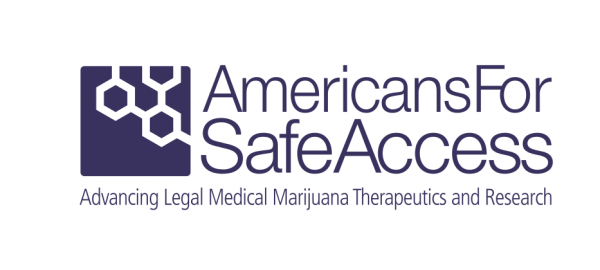


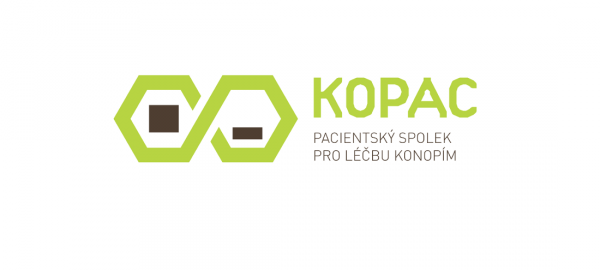
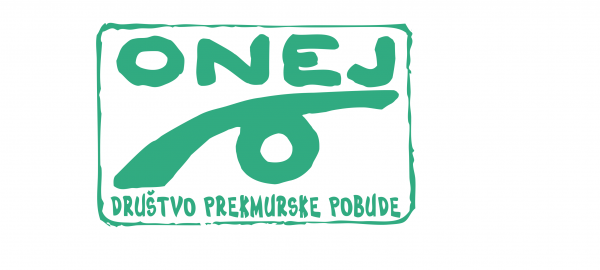

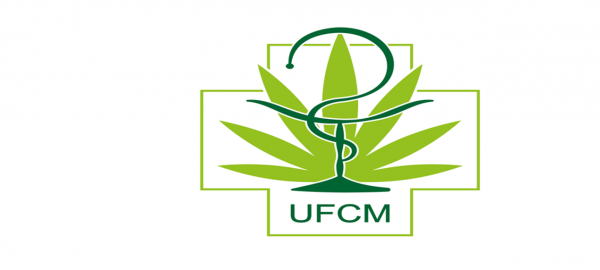

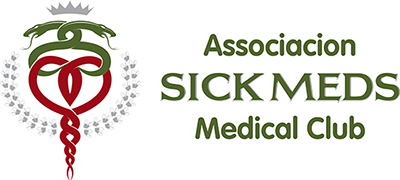

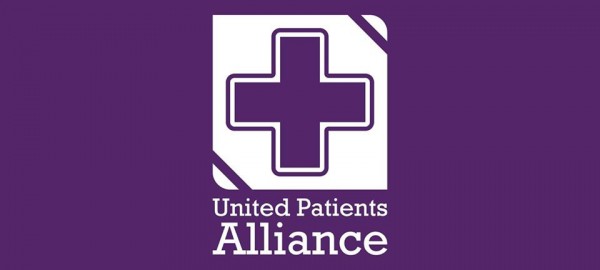

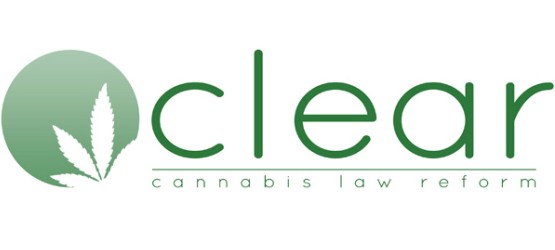
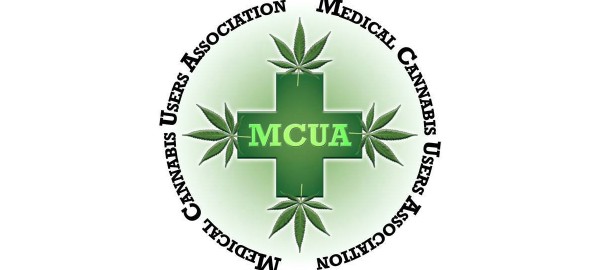
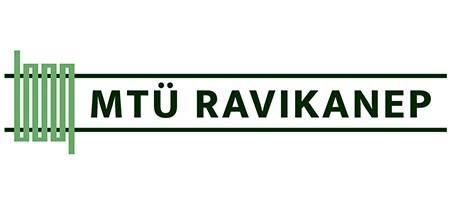
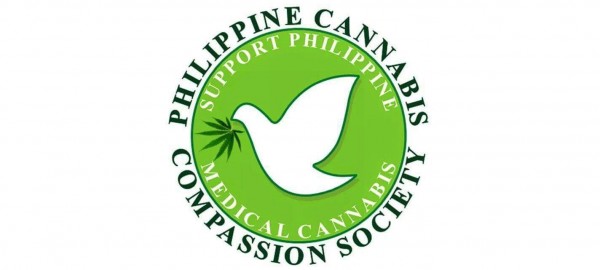
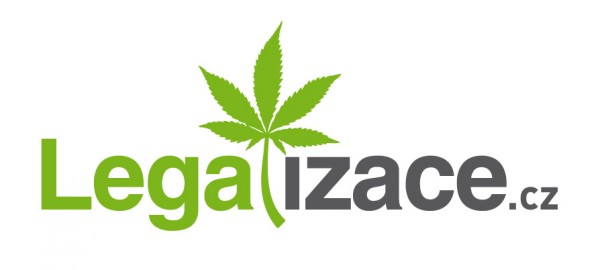
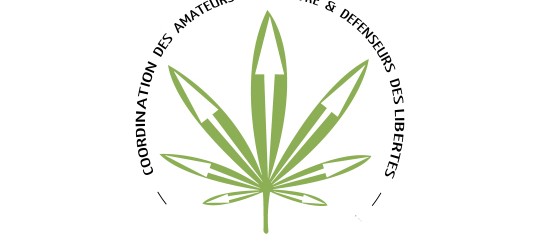
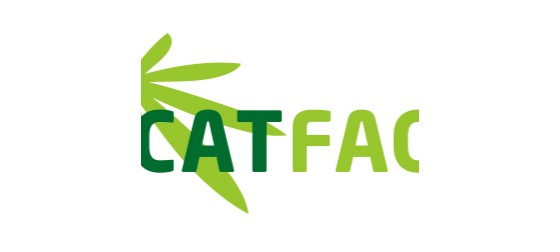


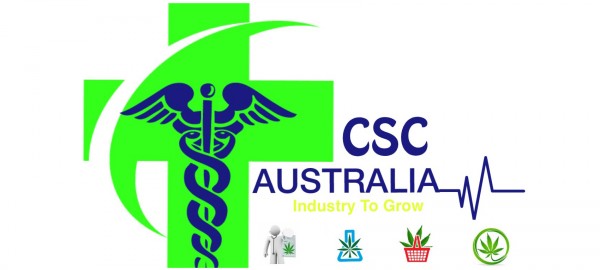
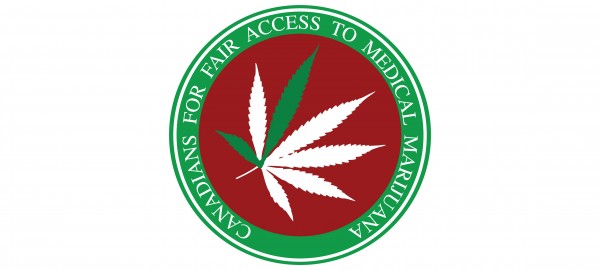

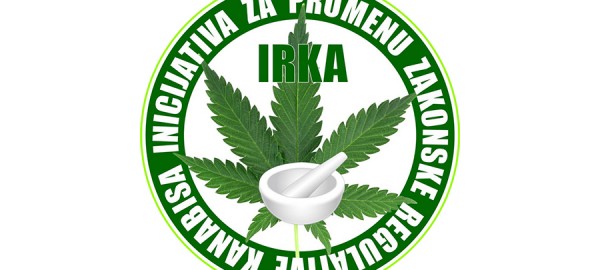
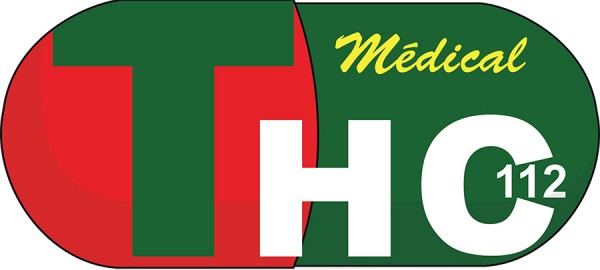

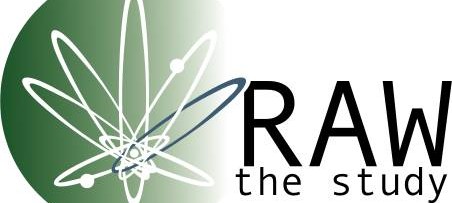

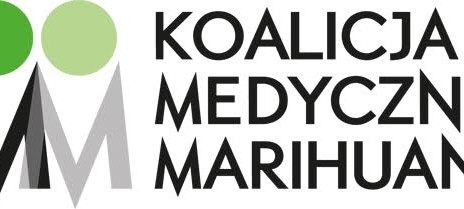
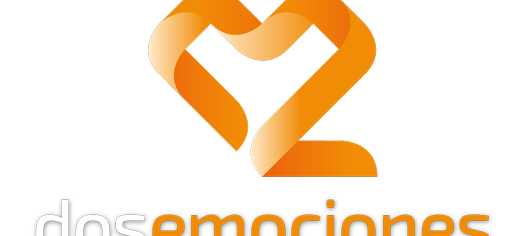
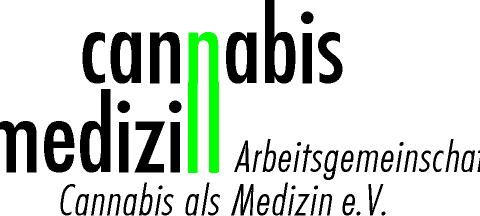
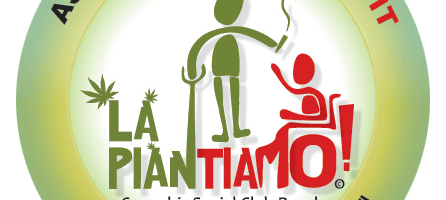
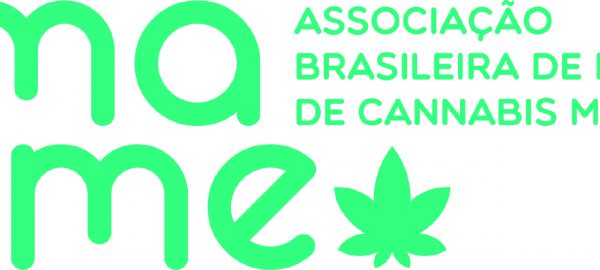

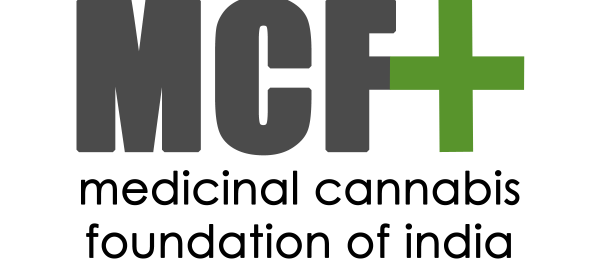


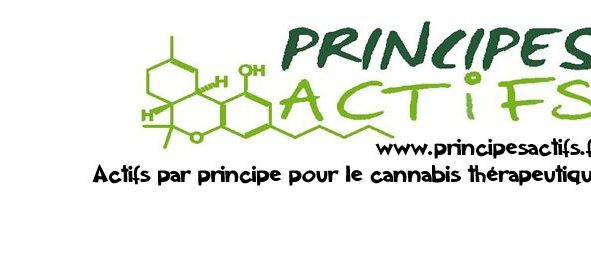

Recent Comments